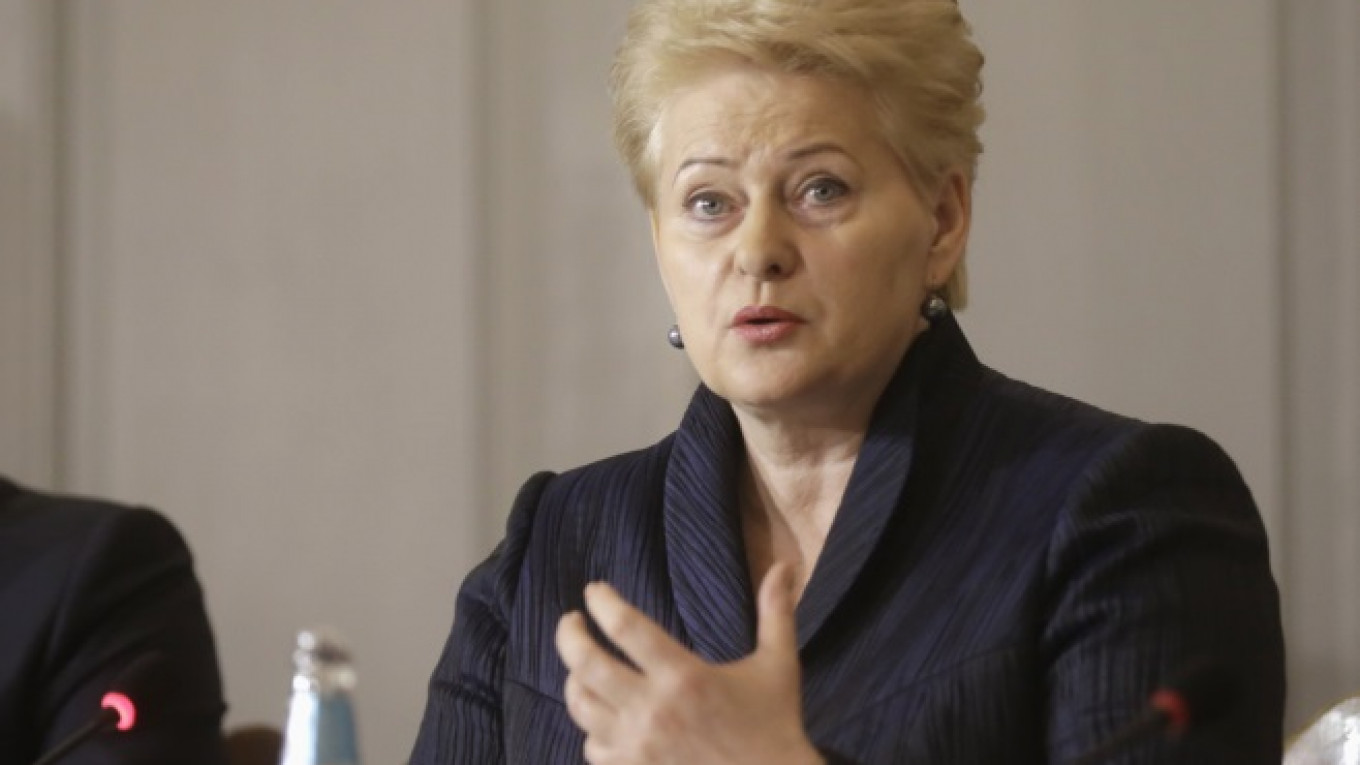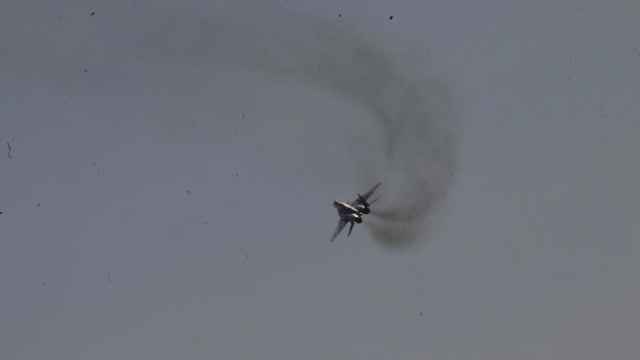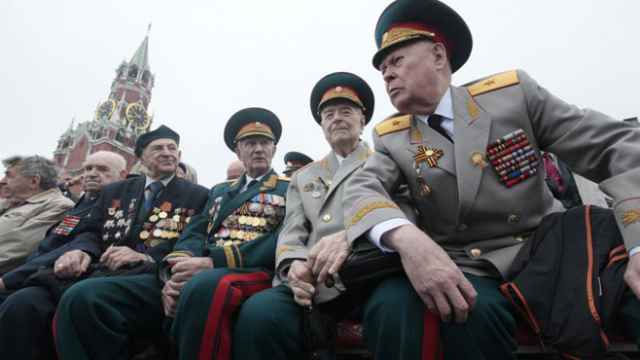Lithuanian President Dalia Grybauskaite has turned down Moscow's invitation to visit Russia for a May ceremony marking the 70th anniversary of the Soviet Union's victory over Nazi Germany in World War II, media reports from the Baltic nation said.
"An invitation has been received. The president has no intention of participating in the event," Grybauskaite's spokesman Modestas Naudzius was quoted as saying Tuesday by Lithuania's Delfi news agency.
The Soviet Union occupied Lithuania and fellow Baltic states Estonia and Latvia early in World War II. After temporarily losing the lands to Nazi Germany, the Soviets reclaimed them again following the victory over the Nazis. Many Lithuanians at the time viewed the Germans as liberators, and many still regard the Soviet forces as occupiers.
Relations between Lithuania and Russia have further soured this year following Moscow's annexation of Crimea in March and its backing of separatists in eastern Ukraine.
Grybauskaite last month branded Russia a "terrorist state" for its actions in eastern Ukraine.
Russia's recent military drills in its Baltic enclave of Kaliningrad and NATO jets' reported intercepts of Russian military planes over the sea in recent weeks have also prompted Lithuania to put its troops on heightened alert, Bloomberg reported.
Grybauskaite's decision to avoid the victory celebrations in Russia next May is likely to displease Moscow, which has long accused the Baltic nation of mistreating its World War II veterans who fought on the Soviet side.
Russian President Vladimir Putin has approved a program of pensions for the veterans — most of them Russian speakers — of up to 1,000 rubles ($18) a month. Putin accused the Baltic nation of having turned the veterans' role as "defenders of the motherland" into that of "occupiers," according to a decree published earlier this month on the government's official information website.
Protection of mistreated Russian speakers was the pretext Moscow used for annexing Crimea and justifying Russia's role in eastern Ukraine, and Baltic nations have expressed concern that the Kremlin is courting their Russian-speaking populations in an effort to shift their loyalties towards Moscow.
A Message from The Moscow Times:
Dear readers,
We are facing unprecedented challenges. Russia's Prosecutor General's Office has designated The Moscow Times as an "undesirable" organization, criminalizing our work and putting our staff at risk of prosecution. This follows our earlier unjust labeling as a "foreign agent."
These actions are direct attempts to silence independent journalism in Russia. The authorities claim our work "discredits the decisions of the Russian leadership." We see things differently: we strive to provide accurate, unbiased reporting on Russia.
We, the journalists of The Moscow Times, refuse to be silenced. But to continue our work, we need your help.
Your support, no matter how small, makes a world of difference. If you can, please support us monthly starting from just $2. It's quick to set up, and every contribution makes a significant impact.
By supporting The Moscow Times, you're defending open, independent journalism in the face of repression. Thank you for standing with us.
Remind me later.






